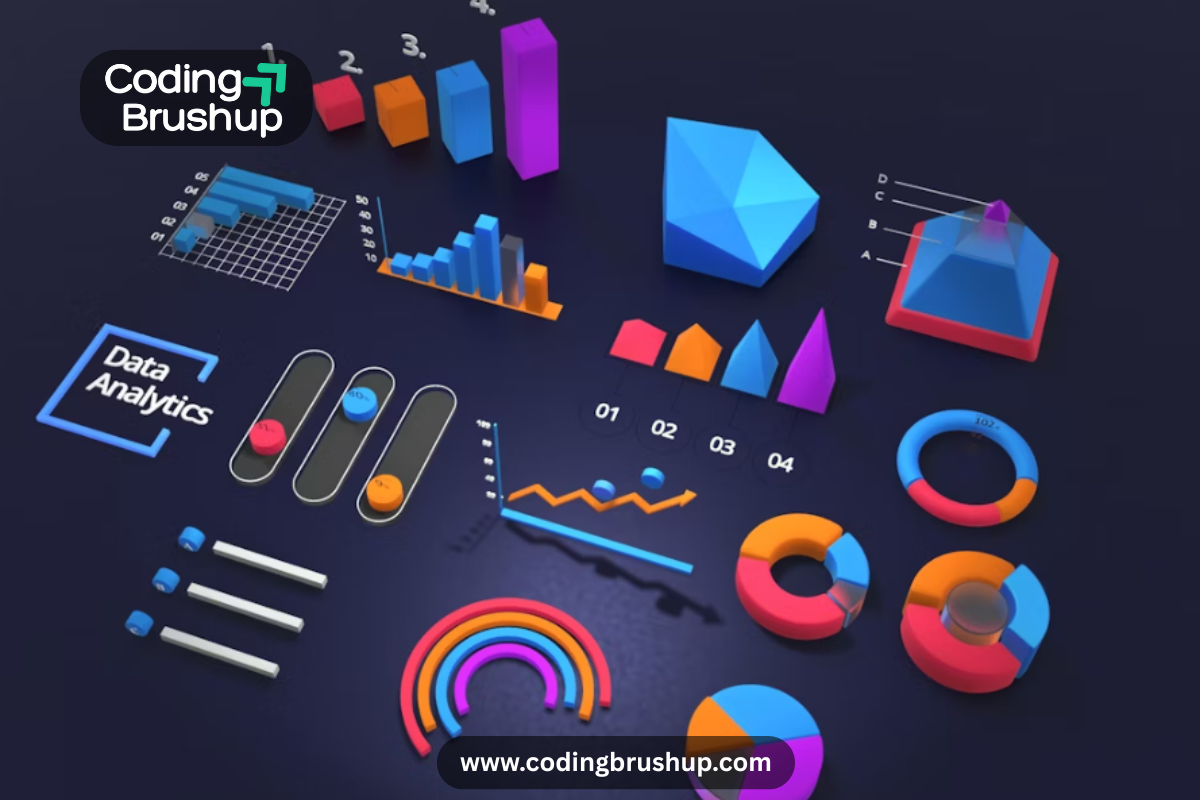Currently Empty: $0.00
Blog
How to Prepare for a Data Science Interview: Tips and Tricks

Are you gearing up for a data science interview but feeling a bit overwhelmed? Don’t worry, you’re not alone. Whether you’re switching careers or are a recent graduate, acing a data science interview requires more than just knowing Python or statistics. It’s about showcasing your problem-solving abilities, business sense, and communication skills.
In this guide, we’ll walk through realistic strategies, insider tips, and a step-by-step prep plan to help you feel confident and interview-ready. So, grab your notepad, and let’s get started!
Why Are Data Science Interviews So Challenging?
Data science is a multidisciplinary field, and that means your interview could touch everything from coding and machine learning to storytelling and business logic.
You’ll likely face:
- Technical coding questions (often in Python or R)
- SQL data queries
- Statistics and probability problems
- Machine learning theory and practical applications
- Case studies or business scenarios
- Soft skills and cultural fit questions
Sound like a lot? It can be, but with the right plan, it’s absolutely manageable.
Step-by-Step Plan to Prepare for a Data Science Interview
Let’s break down your preparation journey into manageable chunks. Here’s how to tackle it smartly:
1. Master the Core Concepts
Before you dive into mock interviews or coding challenges, make sure your foundation is solid.
Key Areas to Review:
- Statistics & Probability: Hypothesis testing, distributions, p-values, A/B testing
- Machine Learning: Algorithms, overfitting/underfitting, regularization, evaluation metrics
- Python/R: Pandas, NumPy, scikit-learn, matplotlib/seaborn
- SQL: Joins, aggregations, window functions
Tip: Use platforms like DataCamp, LeetCode, or Kaggle to brush up on technical skills.
2. Practice Real Coding Questions
No surprise here — coding questions are a huge part of the interview. But don’t just memorize problems — understand the logic.
- Start with LeetCode Easy to Medium level questions in Python
- Focus on data manipulation, sorting, and algorithmic thinking
- Practice SQL challenges from platforms like StrataScratch or Mode Analytics
💡 Pro Tip: Interviewers often ask questions around manipulating real-world datasets — not just textbook exercises.
3. Prepare for the Machine Learning Round
This section evaluates your depth of understanding and how well you can apply ML concepts in real-world scenarios.
| Topic | What to Know | Sample Question |
|---|---|---|
| Supervised vs Unsupervised | Key differences, algorithms, use cases | “When would you use K-Means over Decision Trees?” |
| Model Evaluation | Accuracy, Precision, Recall, ROC-AUC, etc. | “What metric would you use for an imbalanced dataset?” |
| Feature Engineering | Scaling, encoding, selection | “How do you handle categorical variables?” |
| Overfitting & Regularization | L1/L2, cross-validation, early stopping | “How can you prevent overfitting in a neural net?” |
Brush up using real-life case studies or GitHub notebooks.
4. Get Comfortable with Case Studies and Product Thinking
In senior-level or product-based company interviews (like Google, Meta, or Amazon), expect open-ended questions.
Example:
“How would you design a recommendation system for an e-commerce site?”
Here, they’re checking how you:
- Define the problem
- Choose the right model or approach
- Interpret business impact
- Communicate assumptions and limitations
Practice with mock case studies. Try whiteboarding your answers to explain them clearly.
5. Practice Behavioral and Soft Skills Questions
Yes, even in a data-heavy role, communication is king. Be ready for:
- “Tell me about a project you worked on”
- “Describe a time you dealt with messy data”
- “How do you explain your results to non-technical stakeholders?”
Use the STAR method (Situation, Task, Action, Result) for structured, concise answers.
Bonus Tips to Stand Out in Your Interview
Ready for the insider scoop? Here are a few extra tips that can give you the edge:
1. Tailor Your Portfolio
Make sure your resume and portfolio reflect the role you’re applying for. If it’s a FinTech role, include finance-related data projects.
2. Ask Smart Questions
At the end of the interview, don’t forget to ask questions like:
- “What are the biggest challenges the data team is currently facing?”
- “How do you measure success in this role?”
3. Build a Public Profile
Share your work on GitHub, Kaggle, or Medium. It shows initiative and passion for data science beyond just a paycheck.
Common Mistakes to Avoid
Let’s quickly cover what not to do:
| Mistake | Why It’s a Problem |
|---|---|
| Memorizing without understanding | Interviewers can tell if you’re bluffing |
| Ignoring SQL | SQL is still the #1 skill companies want |
| No real-world projects | Projects show you can apply what you know |
| Poor communication during explanations | You must explain complex ideas simply |
| Not asking follow-up questions | Shows lack of curiosity or business thinking |
Final Thoughts: You’ve Got This!
Preparing for a data science interview can feel like climbing a mountain, but every bit of prep gets you closer to the summit. By following this structured plan, focusing on both technical and soft skills, and practicing regularly, you’ll walk into that interview room with confidence.
So, are you ready to land your dream data science job? Let’s do this!

